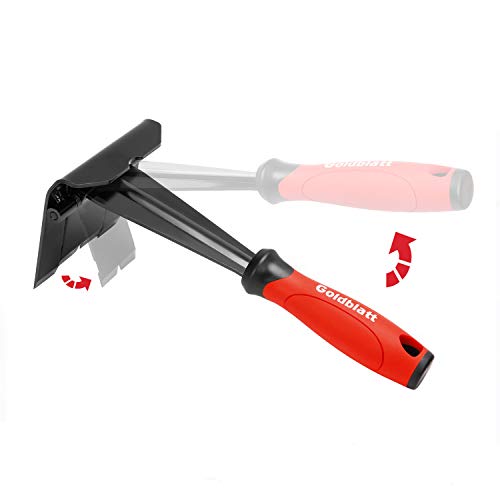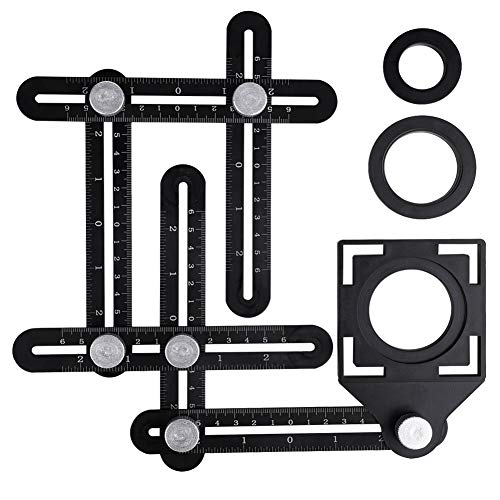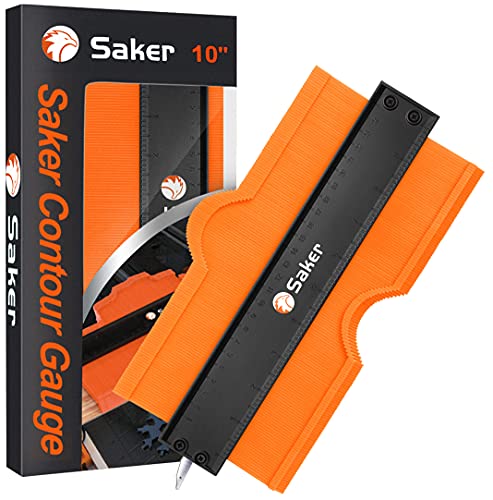missouri_homeowner
Member
Hi all,
I am finishing my basement (~1500 sf) and my tentative plan is to install glue down vinyl plank flooring. I am leaning toward Armstrong Natural Creations vinyl plank. I did a bunch of durability tests on samples, and it was by far the best (couldn’t scratch it with keys/coin/etc. Could only scratch it with a steak knife). Mannington Adura Flex and Karndean Van Gogh came in 2nd place. All the others (mostly big box store brands) were pretty bad and scratched quite easily.
I have three categories of questions:
1. Moisture mitigation:
2. Floor leveling:
3. Material sourcing:
Thanks in advance, and sorry for the long post!
I am finishing my basement (~1500 sf) and my tentative plan is to install glue down vinyl plank flooring. I am leaning toward Armstrong Natural Creations vinyl plank. I did a bunch of durability tests on samples, and it was by far the best (couldn’t scratch it with keys/coin/etc. Could only scratch it with a steak knife). Mannington Adura Flex and Karndean Van Gogh came in 2nd place. All the others (mostly big box store brands) were pretty bad and scratched quite easily.
I have three categories of questions:
1. Moisture mitigation:
- Background:
- There has never been any water intrusion and basement humidity stays below ~55% worst-case during the summer without running a dehumidifier.
- I know the slab does not have a vapor barrier underneath, but I performed a plastic-sheet test (passed) and a calcium chloride moisture test measured a reasonable ~5 lb/1000 sf.
- However, there was previously a small section of the basement that had sheet vinyl flooring, and it had a strong mildew smell when I pulled it up. So I’m paranoid about moisture issues.
- Questions:
- Is this an appropriate prep/installation procedure?
- Grind concrete to CSP ~1-2
- Apply lithium silicate densifier to (hopefully) slightly reduce moisture vapor transmission through slab
- Install LVT using Bruce Apex Pro adhesive (identical to Armstrong S-1000, just more readily available near me). It claims to be both an adhesive and a moisture barrier, and supposedly tolerates unlimited moisture vapor (just no hydrostatic pressure, but that’s not an issue here)
- Would a product like Bostik Roll-Cote be helpful and compatible with the above prep/installation procedure?
- Any other thoughts on how to ensure there are no moisture problems down the road?
- Is this an appropriate prep/installation procedure?
2. Floor leveling:
- Background:
- The floor is not very flat – can vary by almost 1/2” over relatively short spans. It also isn’t completely level – there is a ~1/4” slope from one side of the basement to the other.
- The attached picture shows a rough contour map of the worst part of the floor.
- The worst area is near the support post where the height changes by ~3/8” in about a 4’ span. You can feel it under foot when walking.
- Questions:
- In reality, how flat does the floor need to be for glue-down vinyl plank flooring?
- Most installation sheets state no more than 3/16” variation in 10’ or 1/8” in 6’
- Is this to make sure the floor “feels” flat under foot, or is it actually for flooring integrity? I’m not worried about feeling the height variations under foot, but I want the floor to last a long time.
- I would expect thin glue-down vinyl plank to mostly conform to the concrete height variations, although I do have concerns about whether or not the edges/corners would lay flat if they happened to fall on a sharp height transition.
- This is my plan to get the floor as flat as possible. Any suggestions?
- Grind down the regions between high and low to soften the sharp transition areas
- Partially fill the low spots with self-leveling compound (e.g. Henry 555)
- Feather the transition regions with patching compound (e.g. Henry 547)
- All of this should help, although I think it will still be tough to get within 1/8” over a 6’ span.
- In reality, how flat does the floor need to be for glue-down vinyl plank flooring?
3. Material sourcing:
- Where is a good place to buy Armstrong LVT?
- I’ve found it hard to come by Armstrong Natural Creations LVT as it seems to be targeted for commercial installers, not residential homeowners.
- Anyone have experience with online retailers?
- I’ve found it at a few online retailers (FloorCity.com, EFloors.com, FastFloors.com, QualityFlooring4Less.com)
- I’m hesitant to order online as it’s hard to find good, reliable information on these companies.
Thanks in advance, and sorry for the long post!





![MORE Luxury Vinyl Floor Cleaner for Vinyl Plank Flooring - Ready to Use, Daily Cleaning Formula for Tile, Vinyl Surfaces [Gallon / 128oz]](https://m.media-amazon.com/images/I/413LZHZiqCL._SL500_.jpg)


















